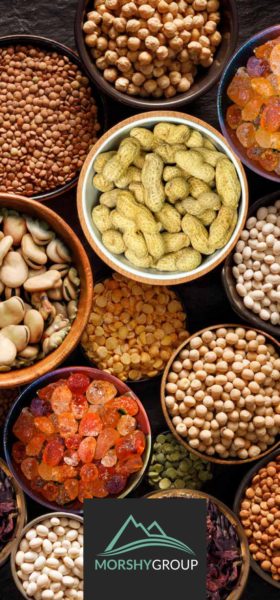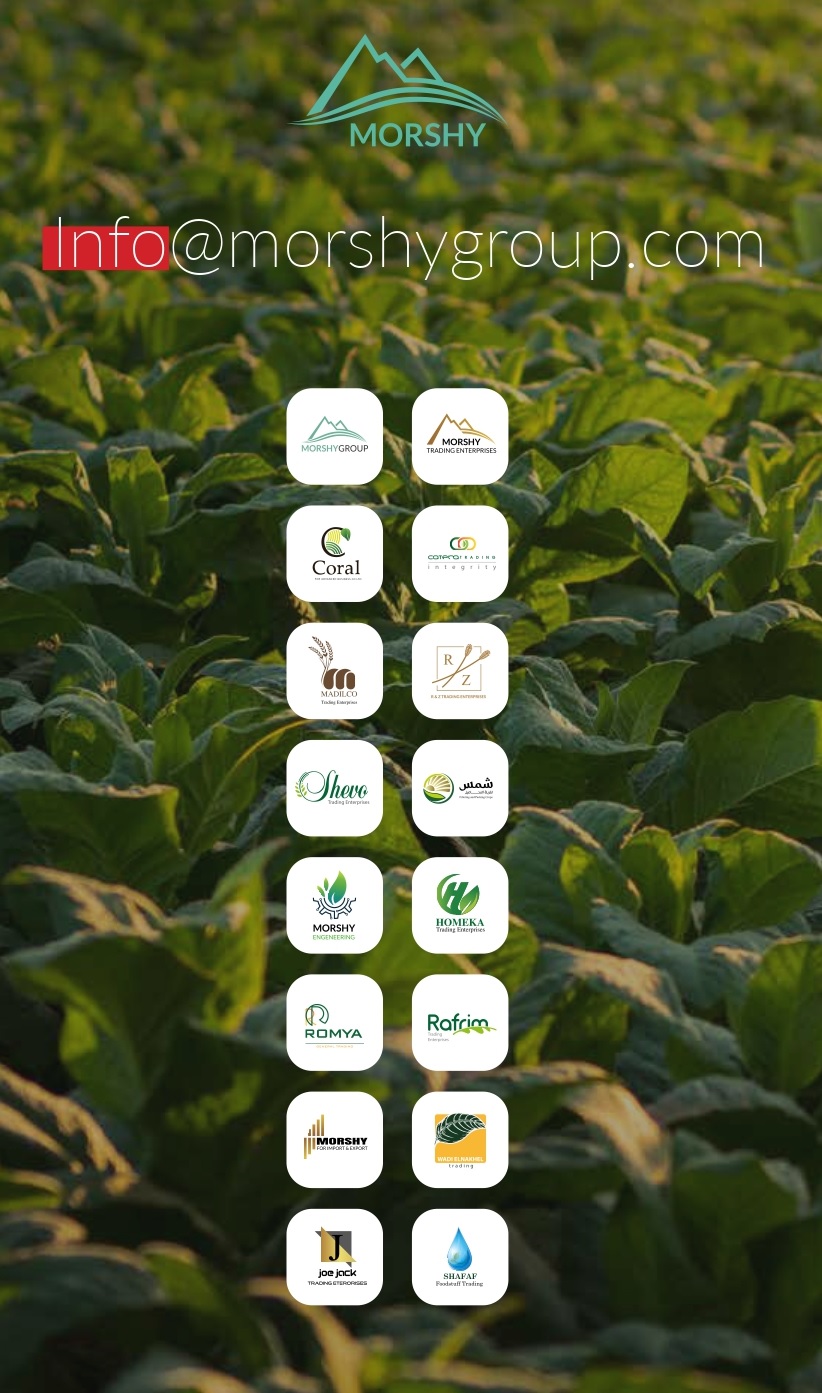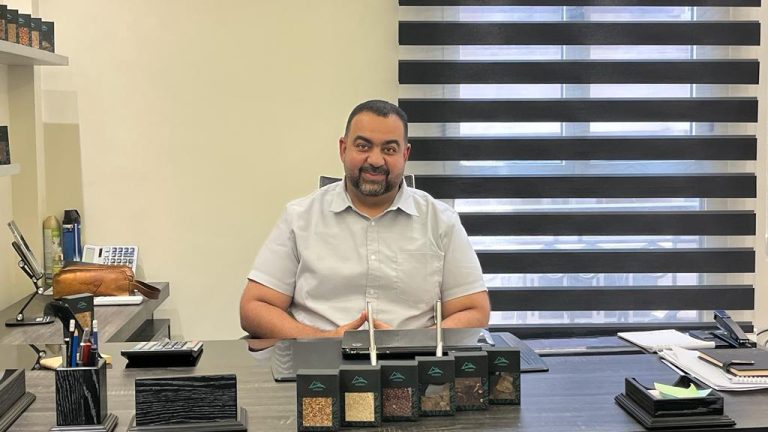Cairo – Sudanese group Morshy Trading Enterprises aims to import white sesame seeds and sugar from Brazil to sell to the Arab and African markets. Within the company’s range of products, whether for import or export, are legumes of all kinds, such as beans and chickpeas, sesame, sugar, oilseeds, gum arabic, and different types of herbs and spices, among others.

Mohamed Mustafa Abdullah (pictured above), founder & CEO of Morshy, said the group comprises 14 companies with an independent budget and management, forming a small association for integration. The companies are spread across different countries, including Sudan, Egypt, the United Arab Emirates, and South Sudan, with plans to open a branch office in China.
The group is heavily involved in cross-border trade, especially given Sudan shares borders with seven countries: Egypt, Libya, South Sudan, Chad, the Central African Republic, Ethiopia, and Eritrea. According to Abdullah, border trade depends on the exchange of goods, and that is why the group works with many products. For example, sugar is supplied to Chad in exchange for sesame, which is re-exported along with other products.
Regarding white sesame and sugar from Brazil, Abdullah said the group intends to re-export it to Egypt and other African countries. According to the businessman, Brazilian and Egyptian sugar have already been supplied in large quantities to Sudan. However, these volumes have significantly decreased in favor of the Indian product, which is low in price and also in quality, according to Abdullah.
“Sudan imports large amounts of sugar, but the product is not consumed entirely in Sudan, being used in border trade, where it is exchanged with other products from neighboring countries. This is one of the factors that put pressure on foreign currency in Sudan, as imports are paid for in dollars,” said the businessman.
Regarding the Brazilian market, Morshy’s founder & CEO said there are great opportunities for cooperation with companies in the country, especially given the diversity with which the group operates in import and export. The group partnered with the Arab Brazilian Chamber of Commerce (ABCC) to identify opportunities for its products in the Brazilian market and import from the country.
Morshy Group is analyzing the characteristics of Brazilian sesame and its suitability for the Egyptian and Arab markets. If appropriate, imports could start as soon as possible to meet the demands of Sudan and Chad. Despite plans with Brazilian sugar, he rules out importing the product now because of high prices compared to Indian sugar. He claims to be aware of Brazil’s high quality of sugar; still, prices are a decisive factor for the African consumer’s choice.
Group business

Abdullah spoke about the role of each company in the group, as the operation established in Egypt exports fennel to India, flour and sauce to African countries, and imports sesame, peanuts, and chickpeas from Sudan. He said the plant was also used to supply Egyptian sugar to Sudan. Still, due to the high prices of Egyptian and Brazilian sugar, the Indian product took over the most significant stake in the market. The group is considering building a halva and tahini factory in one of Egypt’s industrial zones.
The unit in Sudan, on the other hand, exports cumin, gum arabic, hibiscus, watermelon pulp, and coriander to India, China, Vietnam, Iraq, Yemen, and North Africa, while it imports yellow peas and beans from England, as well as cement from Egypt. In South Sudan, there is a supply of lentils from Canada and beans from England, Syria, and Egypt, in addition to cement. On the other hand, the company exports wood and, in that region, works with international organizations that interact with the government of South Sudan and participate in public tenders.
The UAE-based company is also made up of two parts, the first of which specializes in food and has extensive experience in importing and exporting to countries where the group does not have branches or subsidiaries. It imports products from Tanzania, lentils from Kenya, and beans and coffee from Madagascar. Products are exported to many countries. According to him, the second company in the UAE is specialized in general trade and works with international organizations headquartered in South Sudan.
Translated by Georgette Merkhan & Elúsio Brasileiro




